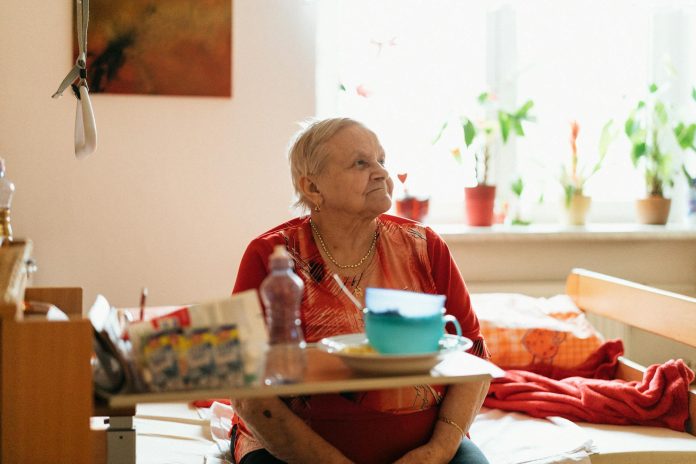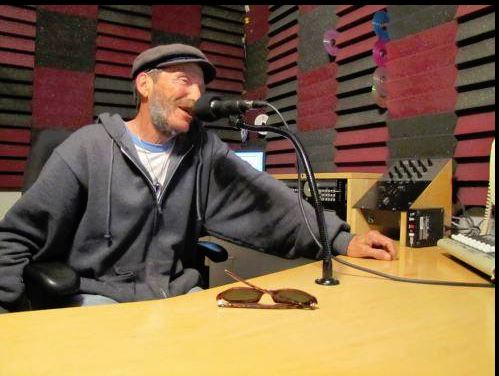Let’s be honest—downsizing sounds like a euphemism for giving up. But what if it’s the opposite? What if less space, fewer belongings, and a simplified lifestyle could actually open doors to more freedom, more experiences, and less stress? The idea of trading in the familiar can feel overwhelming, but for many people, the shift to a smaller home isn’t about loss. It’s about gain. The key is knowing when the time is right and how to make the transition work for you.
The Subtle Signs You’re Ready for a Change
It’s not always obvious when your current living situation stops serving you. Sometimes, it’s the little things—like dreading the thought of raking leaves or realizing you haven’t used the formal dining room in three years. Maybe you’ve started avoiding the stairs because they’re more hassle than help, or you’re spending more time maintaining your home than actually enjoying it. There’s also the emotional weight: the feeling that your house is more of a storage unit for memories than a vibrant space for new ones.
For some, the tipping point is practical—financial strain, health changes, or even nursing home neglect experienced by a loved one that shifts perspectives. But more often, it’s a quiet realization that life feels heavier than it should. Downsizing isn’t just about square footage. It’s about lightening the load in every sense.
Letting Go Without Losing What Matters
One of the biggest barriers to downsizing is the emotional attachment to stuff. Those boxes in the attic aren’t just filled with old yearbooks and holiday decorations—they’re packed with memories. The trick isn’t to pretend those connections don’t exist. It’s to honor them while recognizing that memories live in you, not in things.
Start small. Tackle one room, one drawer, one category at a time. Ask yourself: “Do I need this, or am I just used to having it around?” It’s okay to keep sentimental items, but consider consolidating—photos can be digitized, letters can be stored in a single keepsake box instead of scattered across the house. And don’t underestimate the power of giving. Passing cherished items to friends or family members can feel more meaningful than letting them collect dust in a closet.
Downsizing isn’t about erasing the past. It’s about creating space for what’s next.
Choosing the Right Place: It’s More Than Just Square Footage
Finding a new home after downsizing isn’t as simple as picking the smallest place on the market. It’s about lifestyle. Do you want to be closer to family? In a walkable neighborhood? Near the beach, the mountains, or your favorite coffee shop?
Think beyond the basics of bedrooms and bathrooms. Consider natural light, storage solutions, and outdoor spaces. Picture your daily routine: Where will you have your morning coffee? How easy is it to get groceries or meet up with friends? Whether you’re looking for Senior Independent Living in Houston, TX, Miami or anywhere else—location matters because it shapes how connected and fulfilled you’ll feel in your new space.
And don’t forget the community factor. A great neighborhood can be as comforting as a cozy living room. Look for places where you can engage with others, pursue hobbies, or simply enjoy friendly faces. Moving to a smaller space doesn’t mean shrinking your world—it means redefining it in a way that feels right for you.
The Financial Upside You Might Not Expect
It’s easy to focus on what you’re giving up when downsizing, but let’s talk about what you stand to gain—especially when it comes to your wallet. Smaller spaces typically mean lower utility bills, reduced property taxes, and less money spent on maintenance. That frees up resources for travel, hobbies, or just the peace of mind that comes from a healthier savings account.
There’s also the potential to tap into home equity. Selling a larger property can provide a financial cushion that opens up new possibilities, from investing to supporting family members or funding personal goals. Downsizing isn’t just about cutting costs; it’s about reallocating your resources to match your current priorities.
Embracing the Emotional Shift
Moving is emotional—no way around it. You’re not just packing up dishes and furniture; you’re closing a chapter. It’s okay to grieve that. Change is hard, even when it’s positive. But here’s the thing: the space you’re leaving isn’t the sum total of your life. The memories you’ve made will come with you, tucked into your heart, not your moving boxes.
Give yourself grace during the process. Reflect on what you’ve loved about your current home, and let that guide what you seek in your new one. Focus on the opportunities ahead: new routines, new neighbors, maybe even new traditions. Downsizing doesn’t mean you’re moving backward. It means you’re clearing the way for what’s next.
Moving Forward
Deciding to downsize isn’t just a housing decision—it’s a life decision. It’s about recognizing that growth doesn’t always mean adding more; sometimes, it means paring down to the essentials and discovering that they’re more than enough. It’s okay to feel a mix of emotions about it. That just means you’re human.
In the end, downsizing isn’t about what you leave behind. It’s about what you carry forward—and how much lighter life can feel when you do.

























